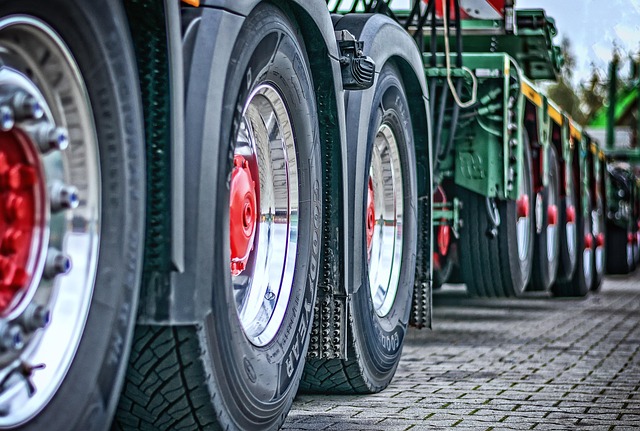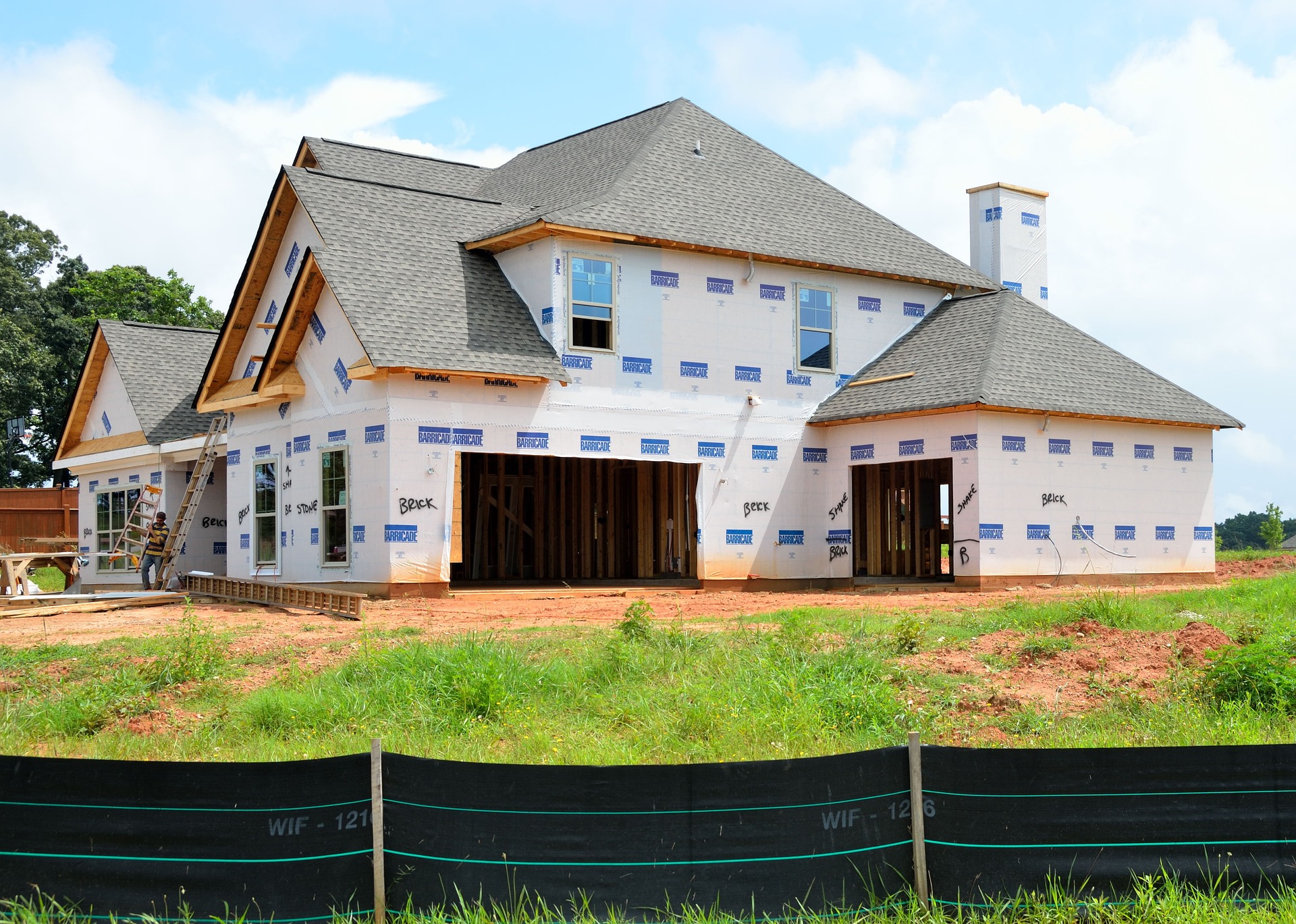Durable Flatbed Trailers for Heavy-Duty Hauling Needs
Need robust cargo transport solutions? Industrial-grade flatbed trailers feature high-strength steel construction with rust-resistant frames and adjustable tie-downs, ideal for oversized loads like machinery and building materials. Their modular designs accommodate various payloads for efficient loading operations. Explore tailored transport options .

What Makes Flatbed Equipment Essential for Heavy-Duty Transport?
Flatbed equipment serves as the foundation for efficient heavy-duty hauling operations. Unlike enclosed trailers, flatbed designs provide an open platform that accommodates irregularly shaped cargo, oversized machinery, and construction materials that would otherwise be impossible to transport. The key advantage lies in their accessibility—loading and unloading can occur from multiple angles using cranes, forklifts, or other heavy machinery.
Modern flatbed equipment incorporates high-strength steel construction with reinforced frames designed to withstand substantial weight distributions. The open design eliminates height restrictions common with enclosed trailers, making them ideal for transporting tall equipment, prefabricated building components, and industrial machinery. Additionally, the modular nature of flatbed systems allows for customization based on specific hauling requirements.
How to Choose the Right Flatbed Trailer for Your Needs?
Selecting the appropriate flatbed trailer depends on several critical factors including payload capacity, deck length, and intended cargo types. Standard flatbed trailers typically range from 48 to 53 feet in length, with deck widths of 8.5 feet. However, specialized applications may require extended lengths or wider configurations to accommodate specific cargo dimensions.
Weight capacity represents another crucial consideration, with most commercial flatbed trailers supporting between 48,000 to 80,000 pounds gross vehicle weight. The trailer’s construction materials, axle configuration, and suspension system all contribute to its overall capacity and performance characteristics. Steel decking provides maximum durability for heavy industrial applications, while aluminum options offer weight savings for operations prioritizing fuel efficiency.
Where to Find Quality Flatbed Trailers For Sale?
The market for flatbed trailers encompasses both new and used options from various manufacturers and dealers. Established manufacturers like Great Dane, Utility Trailer, and Fontaine Trailer Company offer comprehensive new trailer lineups with warranty coverage and financing options. These companies typically provide customization services to meet specific operational requirements.
For businesses seeking cost-effective alternatives, the used trailer market offers substantial savings opportunities. Reputable dealers often provide inspection services and limited warranties on pre-owned equipment. Online marketplaces, dealer networks, and equipment auctions represent primary channels for locating quality used flatbed trailers. When purchasing used equipment, thorough inspections of the frame, suspension, braking systems, and tie-down points are essential for ensuring operational safety and longevity.
Are Flatbed Car Trailers for Sale Suitable for Commercial Use?
Flatbed car trailers serve specialized applications in vehicle transport, auto dealerships, and towing operations. These trailers feature lower deck heights and specialized tie-down systems designed specifically for automobile transport. While sharing basic flatbed principles, car trailers incorporate unique features like wheel wells, ramps, and vehicle-specific securing mechanisms.
Commercial-grade flatbed car trailers typically accommodate multiple vehicles simultaneously, with configurations supporting anywhere from one to ten cars depending on trailer length and design. These trailers often include hydraulic tilt mechanisms for easier loading and specialized tie-down tracks positioned to secure vehicles without causing damage to paint or components.
What Are the Key Features of Industrial-Grade Flatbed Trailers?
Industrial-grade flatbed trailers distinguish themselves through enhanced construction specifications and specialized features designed for demanding applications. These trailers typically feature reinforced steel frames with higher yield strengths, advanced suspension systems, and premium braking components capable of handling maximum weight loads consistently.
| Trailer Type | Manufacturer | Length Options | Weight Capacity | Price Range |
|---|---|---|---|---|
| Standard Flatbed | Great Dane | 48-53 feet | 48,000-80,000 lbs | $45,000-$65,000 |
| Heavy-Duty Flatbed | Fontaine Trailer | 48-53 feet | 80,000-120,000 lbs | $55,000-$85,000 |
| Car Hauler | Kaufman Trailers | 32-53 feet | 14,000-26,000 lbs | $25,000-$45,000 |
| Lowboy Flatbed | Trail King | 48-53 feet | 80,000-150,000 lbs | $75,000-$120,000 |
Prices, rates, or cost estimates mentioned in this article are based on the latest available information but may change over time. Independent research is advised before making financial decisions.
Rust-resistant coatings and galvanized components extend service life in harsh operating environments, while adjustable tie-down systems provide versatility for securing various cargo types. Many industrial-grade trailers incorporate removable stakes, adjustable bulkheads, and specialized mounting points for tarping systems to protect sensitive cargo during transport.
How Do Modular Designs Enhance Flatbed Trailer Versatility?
Modular flatbed designs revolutionize cargo transport efficiency by allowing rapid reconfiguration for different load types. These systems incorporate interchangeable components like removable side rails, adjustable decking sections, and modular tie-down systems that adapt to specific cargo requirements without requiring multiple specialized trailers.
The economic benefits of modular designs become apparent in operations handling diverse cargo types. Rather than maintaining separate trailers for different applications, modular systems enable single trailers to serve multiple functions through component swapping. This flexibility reduces equipment costs, maintenance requirements, and storage space while maximizing trailer utilization rates.
Flatbed trailers represent indispensable assets for businesses requiring robust cargo transport solutions. Whether transporting construction equipment, industrial machinery, or specialized cargo, these versatile platforms provide the durability and flexibility necessary for efficient heavy-duty hauling operations. The combination of high-strength construction, modular adaptability, and diverse configuration options ensures flatbed trailers remain essential tools for modern logistics and transportation industries.




